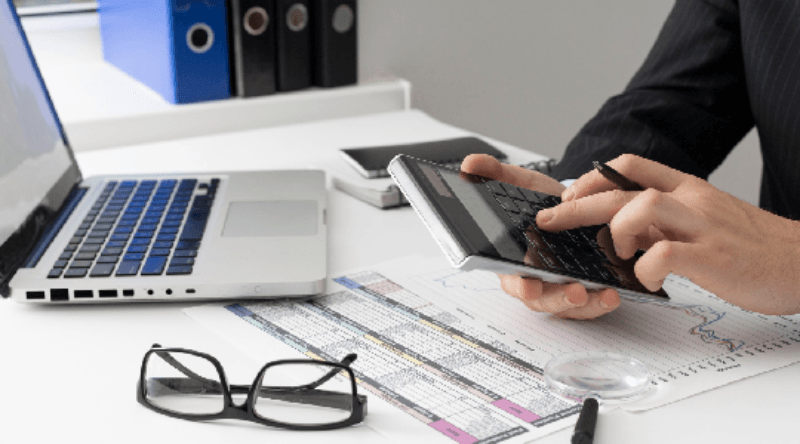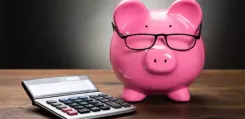In times of economic uncertainty or unexpected situations, it is important to have an emergency fund to face any unforeseen event. However, many people do not know where to start or how much money they should save. In this article, we will explain the basics of creating an emergency fund and the importance of having one.
Why is it important to have an emergency fund?
An emergency fund is a reserve of money that we should have available for unexpected situations, such as medical expenses, home repairs, job loss, among other unforeseen events.
Having an emergency fund helps us to:
- Reduce financial stress in difficult times.
- Not having to get into debt with credit cards or other loans with high interest rates.
- Maintain our long-term financial stability and not have to dip into our savings for other purposes.
An emergency fund should be a priority in our financial planning, as it provides us with security and peace of mind in the event of any unexpected situation that may arise.
How much money should an emergency fund have?
The amount of money you should have in an emergency fund can vary depending on several factors, such as the cost of living in your area, your current financial situation and your financial responsibilities. Still, it is recommended that you have at least three to six months of your cost of living in your emergency fund.
If you have a family or dependents, it is suggested that you have more in your emergency fund to cover additional expenses that may arise. On the other hand, if you work in an industry where you are exposed to job instability or have significant medical expenses, then you should consider saving more in your emergency fund.
Remember, the idea is to be prepared for any unforeseen situation that may affect your finances. A well-equipped emergency fund will help you avoid making hasty or costly decisions at critical times.
How to save for the emergency fund?
Once you have determined the amount you need to save to create an emergency fund, it is important to start saving as soon as possible. Here are some tips:
- Create a budget: review your income and fixed expenses and define how much money you can allocate to savings on a monthly basis.
- Reduce unnecessary expenses: eliminate expenses that are not indispensable, such as subscriptions to services that you do not use or eating out constantly.
- Pay off your debts: if you have debts, establish a plan to pay them off as soon as possible. This will allow you to have more money available to save.
- Take advantage of discounts and promotions: make the most of discounts and promotions in stores and supermarkets to reduce the cost of your purchases.
- Save on automatic: set up a scheduled transfer to your savings account each month to make sure you are saving regularly without having to think about it.
Remember that discipline is key to achieving your financial goals. If you stay focused on your goal and follow these basic principles, you can build your emergency fund in no time.
Where can you keep your emergency fund money?
It is important to choose a safe and easily accessible place to keep your emergency fund money. Here are some options:
- Savings account: You can open a savings account at a bank or credit union. It is important to verify that the account has no maintenance fees and offers a decent interest rate.
- Checking account: you can also use a checking account for your emergency fund, but make sure you don't spend the funds unnecessarily.
- Safe: If you prefer to have physical access to your money at all times, you can keep your cash in a safe at home or in a secure location.
- Short-term investments: If you have experience investing, you can consider options such as corporate bonds or money market funds to generate additional income from your emergency fund.
No matter where you decide to keep your emergency fund money, it is important to remember that it should be a readily available place in case of an unexpected situation.
When to use the emergency fund?
The emergency fund should be used exclusively for unforeseen and urgent situations that require immediate financial disbursement.
Some situations in which the emergency fund can be used are:
- Loss of job;
- Illness or accident;
- Home or car repairs;
- Unforeseen expenses related to children's education;
- Expenses related to the loss or theft of important material goods.
It is important to note that the emergency fund should not be used to cover regular or scheduled expenses, such as payment of monthly bills or vacations. Its use should be limited to exceptional situations only.











